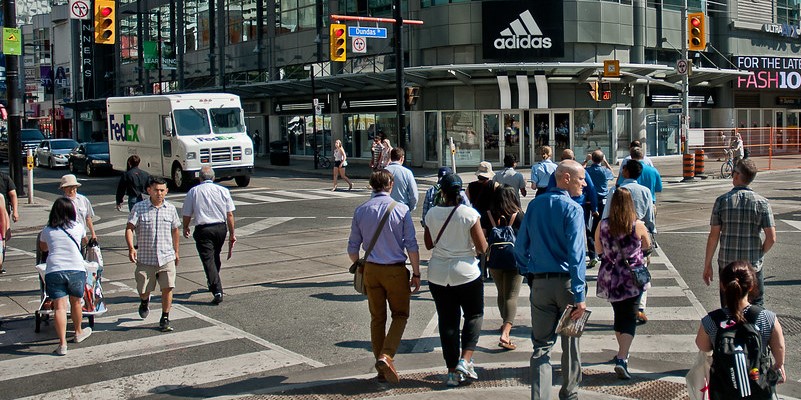Poll says Canadians worried about the cost of living.
living wage
Living wage law may lead to higher municipal taxes or reduced spending on other services.
Mayor Gregor Robertson has started a push for the City of Vancouver to become a “living wage employer.”
After several months of labour activists putting pressure on the Ontario government to increase the provincial minimum wage, Premier Kathleen Wynne finally succumbed and announced that she will increase it to $11 per hour from the current $10.25 rate.
What a world it would be if governments could simply legislate higher pay for low-wage workers without any ill effects. But we live in the real world and here public policy should be informed by evidence, not just good intentions. The reality that many labour activists fail to realize is that when governments mandate wage floors, there are real adverse effects. And the people hurt are often the most vulnerable with the least skills.
The minimum wage debate raging in the United States has spilled into Canada sparking renewed interest in government-mandated wage floors. Labour activists are out in full force pushing governments to legislate higher pay for low-wage workers and one version calls on municipalities to decree a living wage law. While these laws may sound like a good idea in theory, they do little to help the most vulnerable workers in practice.
Terrace city council recently shelved a proposal to implement a living wage policy. Terrace taxpayers should hope it stays shelved.
In April, the City of New Westminster became the first Canadian city to adopt a Living Wage policy. A living wage is a minimum hourly wage that is supposed to be pegged to the level at which a household can meet its basic needs. All city employees and the employees of businesses that contract with the city to provide services must be paid at least this living wage.


